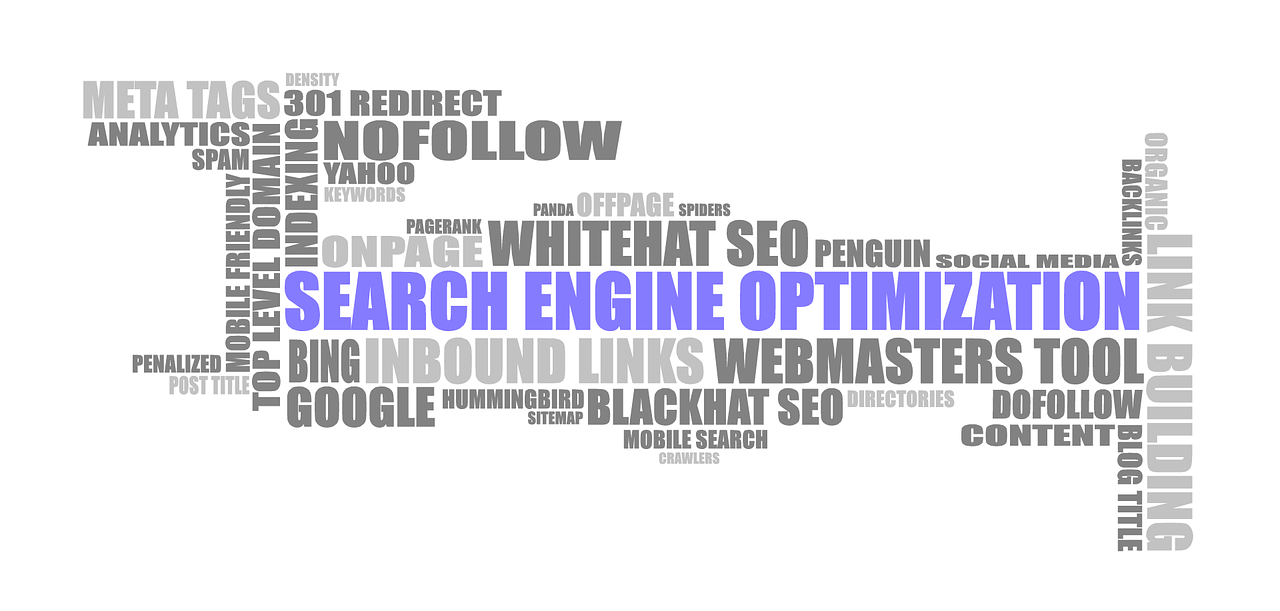The Impact of Generative AI on Academic Integrity and Learning in Higher Education

Brief news summary
This article examines the increasing use of AI tools like ChatGPT by college students to cheat on assignments, posing significant challenges for higher education. At Columbia University, student Chungin “Roy” Lee extensively used AI for coursework, developed cheating aids, and employed an AI wearable assistant called Cluely. Across the country, students leverage AI to write essays, solve coding problems, and even take exams, often bypassing academic rules. Professors struggle to detect AI-generated work, which appears polished but lacks genuine critical thinking. Educators worry that AI deepens education’s transactional nature and undermines meaningful learning. Research indicates that overreliance on AI may impair memory, creativity, and problem-solving abilities, compromising students’ future readiness. Universities face difficulties regulating AI use while trying to balance innovation with academic integrity. This trend underscores AI’s disruption of traditional education and the urgent need for new learning, assessment, and skill development approaches in the AI era.This article, featured in New York’s One Great Story newsletter, explores the widespread impact of generative AI on higher education, focusing particularly on cheating and academic integrity. Chungin "Roy" Lee, a computer-science major at Columbia University, openly admitted using AI, primarily ChatGPT, to complete nearly all his assignments during his first semester, estimating AI wrote about 80% of his essays with him adding only minor personal touches. Born in South Korea and raised near Atlanta, Lee experienced setbacks in his college admissions—losing a Harvard offer due to disciplinary issues and facing rejections from 26 schools before attending community college and eventually transferring to Columbia. Viewing assignments as largely irrelevant and easily “hackable” by AI, Lee prioritized networking over academics, stating Ivy League schools are more for meeting future partners and co-founders. Lee co-founded startups with fellow student Neel Shanmugam, but their initial ventures failed. Frustrated by tedious coding interview prep on platforms like LeetCode, Lee and Shanmugam developed Interview Coder, a tool that hid AI usage during remote coding interviews, enabling candidates to cheat. After Lee demonstrated this tool via a viral video—showing him cheating through an Amazon internship interview (which he later declined)—Columbia placed him on disciplinary probation for promoting cheating technology. Lee criticized Columbia’s punitive stance, especially given its partnership with OpenAI, emphasizing that AI-assisted cheating is ubiquitous on campus and predicting that soon it won’t be considered cheating at all. Since ChatGPT’s release in late 2022, surveys showed near-universal student use of AI for homework, with its popularity peaking during the academic year. Students across various disciplines and institutions use generative AI—ChatGPT, Google’s Gemini, Anthropic’s Claude, Microsoft’s Copilot—to take notes, create study materials, draft essays, perform data analysis, and debug code. Sarah, a freshman at Wilfrid Laurier University in Ontario, admitted to high reliance on ChatGPT since high school, praising how it dramatically improved her grades and eased writing tasks, though she worried about dependency. Professors have tried various AI-proofing methods—oral exams, handwritten Blue Books, embedding hidden “Trojan horse” phrases in prompts—but cheating and AI-generated writing remain rampant and often undetectable. Studies reveal professors detect AI-generated work only about 3% of the time, with AI detectors like Turnitin offering imperfect solutions that sometimes produce false positives, especially against neurodivergent or ESL students. Students also manipulate AI outputs through rephrasing and “laundering” text across multiple AI models to reduce detection likelihood. Educators express deep concern over AI’s impact on learning and critical thinking. Poets and ethics professors warn that mass AI reliance risks producing graduates who are effectively illiterate in writing, cultural context, and critical analysis. Teaching assistants report chaotic assignments with robotic language and glaring factual errors, while grappling with policies that often mandate grading AI-written papers as if they were genuine student efforts. This has led some educators like Sam Williams to quit graduate studies, disillusioned by the system’s failure to address AI abuse meaningfully.
Writing is increasingly viewed as an endangered art form, with many professors contemplating early retirement amid this “existential crisis. ” The article notes the longstanding transactional nature of college education—pursued mainly for job prospects rather than intellectual growth—was exposed further by AI’s capabilities. Students like Daniel, a computer-science major at the University of Florida, recognize AI’s convenience but question how much they truly learn when offloading work to chatbots. He compares AI assistance to tutoring but wonders where personal effort ends and AI’s begins. Another student, Mark from the University of Chicago, likened AI to power tools that help build a house but stressed the importance of one’s own labor in the process. Beyond writing, educators highlight that foundational educational activities—such as learning math—develop critical faculties like systematic problem-solving and resilience through adversity, qualities AI use threatens to erode. Experts like social psychologist Jonathan Haidt argue for the value of children confronting challenges, something AI enables them to avoid. OpenAI CEO Sam Altman downplays cheating concerns, describing ChatGPT as “a calculator for words” and advocating evolving definitions of cheating, though he admits concerns about diminishing users’ critical judgment. OpenAI has actively marketed ChatGPT to students, offering discounts and educational products aimed at balancing use and responsibility. Lee’s experience culminated in his suspension from Columbia after publicly sharing his disciplinary hearing details. Rejecting traditional tech careers, he and Shanmugam launched Cluely, an AI-driven tool designed to provide real-time answers by scanning users’ screens and audio, with plans to integrate via wearable devices and ultimately brain interfaces. Backed by $5. 3 million in investment, Cluely aims to extend AI’s academic infiltration to standardized tests and all campus assignments, embracing cheating innovations as a reflection of technological progress reshaping work and education norms. Early research raises alarms about AI’s cognitive side effects: reliance on chatbots may impair memory, creativity, and critical thinking, especially in younger users. Studies find confidence in AI correlates with reduced mental effort, potentially leading to long-term intellectual decline reminiscent of stalled or reversed gains documented by the Flynn effect. Psychologists warn that AI might already be diminishing human intelligence broadly. Students themselves express unease about their dependency on AI, even as they continue to use it extensively. In sum, the article portrays a complex, unfolding crisis where generative AI challenges the nature of learning, assessment, and intellectual development in higher education. While AI presents powerful opportunities for efficiency and innovation, its unchecked adoption threatens to undermine foundational educational goals, leaving institutions, educators, and students grappling with profound ethical, practical, and existential questions about the future of knowledge and human capability.
Watch video about
The Impact of Generative AI on Academic Integrity and Learning in Higher Education
Try our premium solution and start getting clients — at no cost to you

I'm your Content Creator.
Let’s make a post or video and publish it on any social media — ready?
Hot news

Evertune AI Raises $15M in Series A Funding
Evertune AI, a New York-based company focusing on artificial intelligence marketing technology, has successfully raised $15 million in Series A funding.

Ahrefs Enhances SEO Platform with AI-Powered Tools
Ahrefs, a premier provider of SEO tools and services, has notably expanded its artificial intelligence capabilities from 2025 to 2026.

AI Video Surveillance Systems Improve Public Safe…
In recent years, cities worldwide have increasingly implemented artificial intelligence (AI)-driven video surveillance systems to enhance public safety and security.

AI-Generated Video Content Dominates Social Media…
Recently, platforms like TikTok and Instagram have experienced a notable increase in AI-generated videos.

AI won’t replace social teams: Here’s why
The rapid emergence of AI in social media has transformed daily workflows without changing the essence of social media roles: fostering human connection.

Coca-Cola's AI-Generated Holiday Ad Faces Backlash
Coca-Cola, one of the most globally recognized beverage brands, recently sparked controversy with its latest holiday advertisement created using advanced artificial intelligence (AI) technology.

AI and SEO: A Synergistic Approach to Digital Mar…
Artificial intelligence (AI) and search engine optimization (SEO) are becoming increasingly intertwined, creating a powerful synergy that greatly enhances digital marketing strategies.
AI Company
Launch your AI-powered team to automate Marketing, Sales & Growth

and get clients on autopilot — from social media and search engines. No ads needed
Begin getting your first leads today








